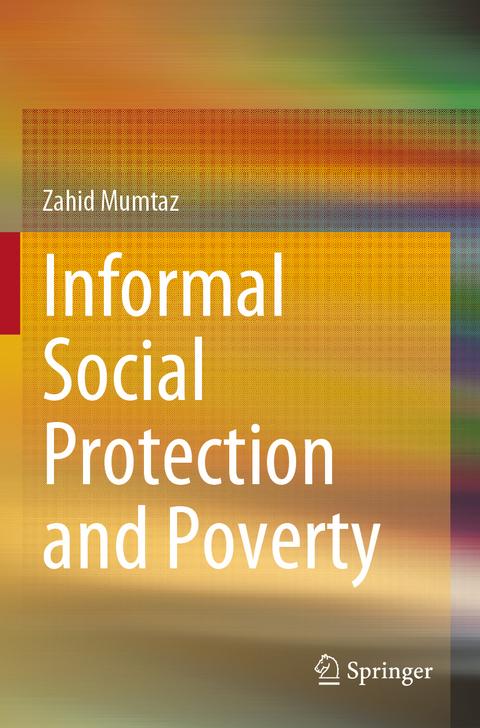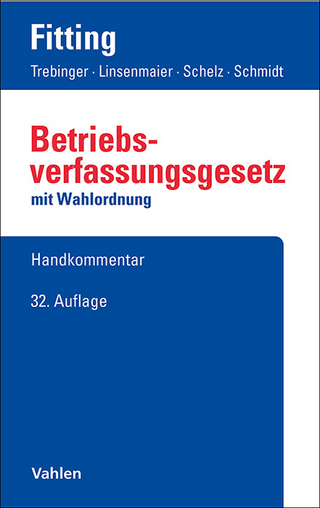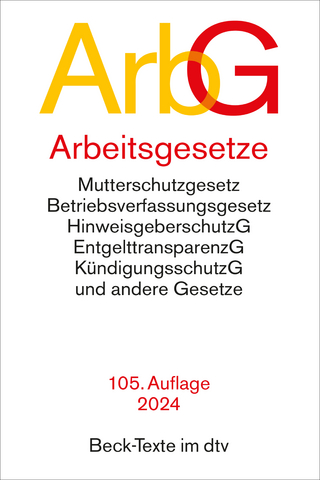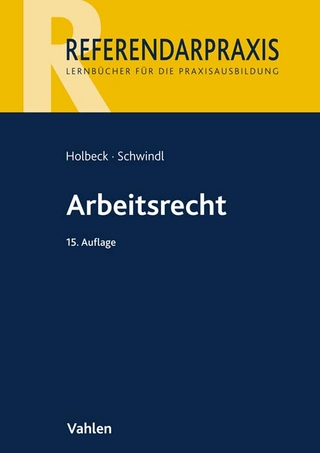
Informal Social Protection and Poverty
Springer Verlag, Singapore
978-981-19-6476-3 (ISBN)
This book helps the readers to understand the concept of informal social protection not conceptualized previously. In addition, its various attributes and institutions providing such a form of welfare worldwide are explained indetail; analyzing the usefulness of such a form of social protection would benefit readers of social policy, national governments, and international donor/aid agencies. This book also provides a prescriptive framework for integrating formal and informal social protection.
This book provides a new "Multiple Regime Framework", for identifying various regimes in one country at one point in time by applying a novel data collection and analysis methodology. The application of this framework would be of particular interest to social policy scholars, national governments, and donor/aid agencies because it will result in better targeting of social protection policies in the wake of fiscal constraints. Lastly, this book provides a novel data collection and analysis strategy that will benefit the reader of research methodology, development consultants, donor agencies, and policy practitioners interested in using artificial intelligence to make informed and targetedpolicy decisions.
Dr Zahid Mumtaz holds a PhD from the Australian National University, Australia. Zahid teaches various undergraduate and post-graduate courses at Crawford School of Public Policy and the School of Politics and International Relations at the Australian National University. Zahid’s writings have appeared in prestigious social and natural science journals. Before joining academia, Zahid was a career public servant in Pakistan, where he held crucial middle-level management positions in federal and state governments. He has also worked with international donor agencies and Non-governmental Organizations.
Chapter 1: Introduction.- Chapter 2: Theoretical Framework, Literature Review, And Contributions.- Chapter 3: Conceptualizing Informal Social Protection: A Framework.- Chapter 4 Research Design, Methodology, And Data Collection.- Chapter 5: Madrassas as A Provider Of Informal Social Protection In Pakistan.- Chapter 6: Comparing Formal and Informal Social Protection: Exploring the Usefulness Of Informal Social Protection In Pakistan.- Chapter 7: Machine Learning-Based Approach for Exploring the Household Survey Data.- Chapter 8: Determining Multiple Welfare Regimes in Pakistan.-Chapter 9: Conclusions, Implications, And Avenues of Future Research.
| Erscheinungsdatum | 11.10.2023 |
|---|---|
| Zusatzinfo | 2 Illustrations, color; 20 Illustrations, black and white; XV, 295 p. 22 illus., 2 illus. in color. |
| Verlagsort | Singapore |
| Sprache | englisch |
| Maße | 155 x 235 mm |
| Themenwelt | Recht / Steuern ► Arbeits- / Sozialrecht ► Arbeitsrecht |
| Recht / Steuern ► Arbeits- / Sozialrecht ► Sozialrecht | |
| Recht / Steuern ► EU / Internationales Recht | |
| Wirtschaft ► Volkswirtschaftslehre ► Makroökonomie | |
| Wirtschaft ► Volkswirtschaftslehre ► Wirtschaftspolitik | |
| Schlagworte | Artificial Intelligence • Colonisation • DBSCAN clustering • Extremism • informal assistance • informal insurance • informal labour market measures • informal security regimes • Informal social protection • insecurity regimes • K-means clustering • labour market interventions • madrasas • multiple regime framework • Social assistance • Social Insurance • Social protection • terrorism • unsupervised machine learning • welfare regimes |
| ISBN-10 | 981-19-6476-9 / 9811964769 |
| ISBN-13 | 978-981-19-6476-3 / 9789811964763 |
| Zustand | Neuware |
| Informationen gemäß Produktsicherheitsverordnung (GPSR) | |
| Haben Sie eine Frage zum Produkt? |
aus dem Bereich


